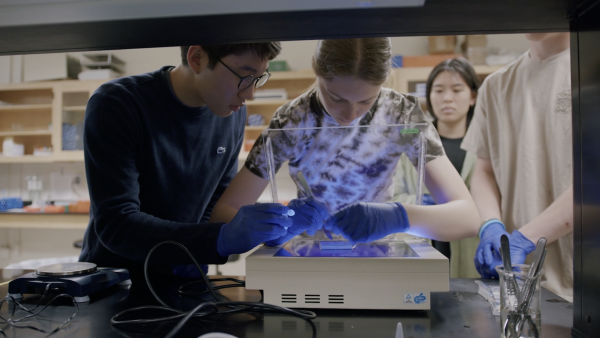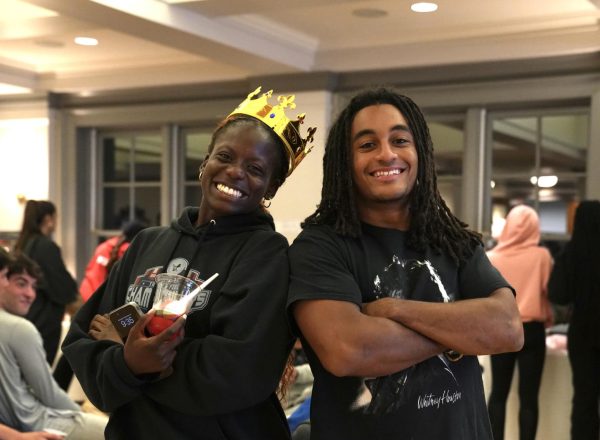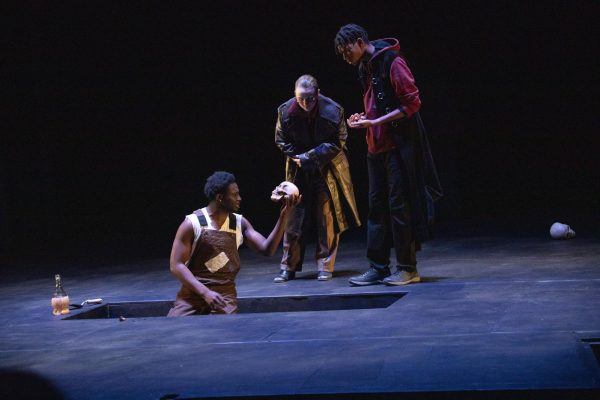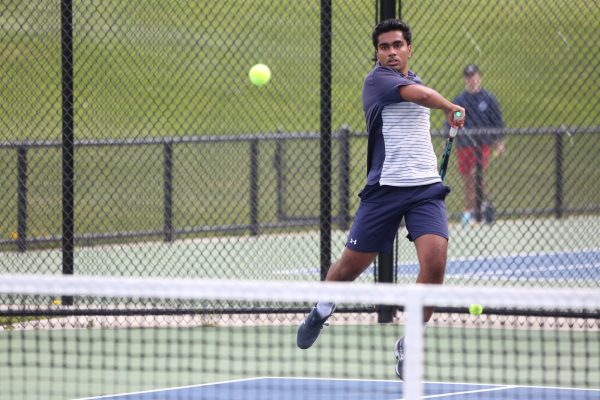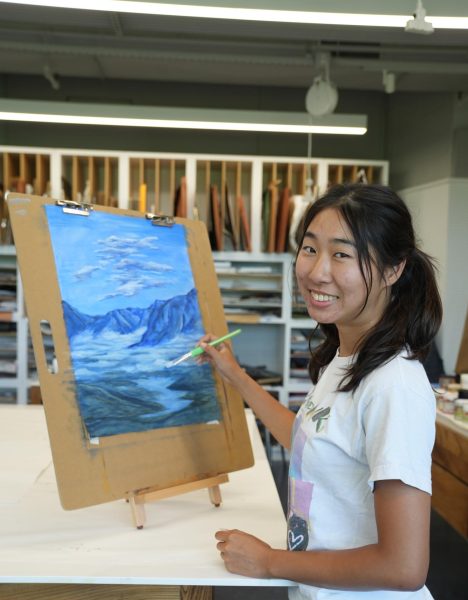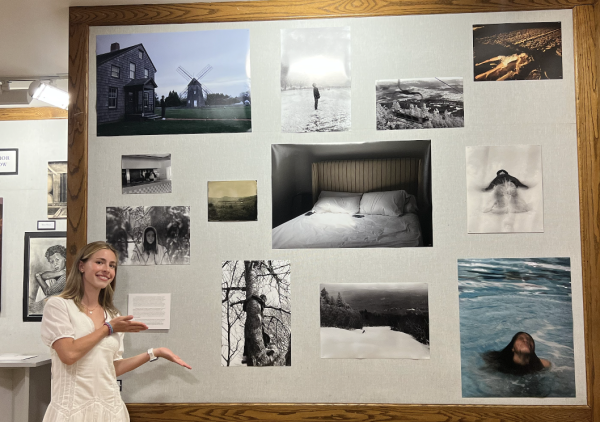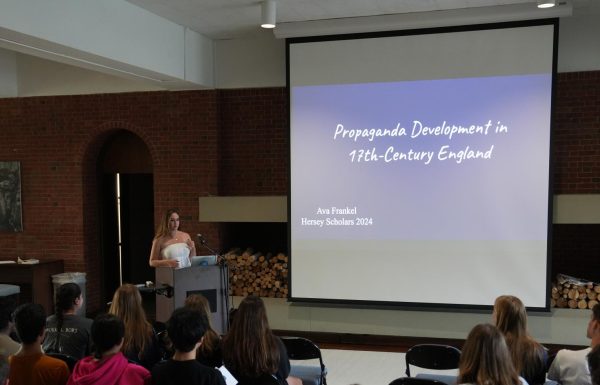The Who, What, and How of the DC
Whenever a rule violation is brought up in a conversation, the discussion often turns to the topic of the Disciplinary Committee (DC). However, many students have little knowledge about the way the DC works.
The DC’s board is made up of faculty, who are elected by their colleagues, except for the chair, and students, who are elected through a class-wide vote. The panel collaborates to consider each case in which students have been accused of violating school rules.
In a typical meeting, after preparing with an advisor, students charged with school rule offenses will meet with a committee of four faculty and four students. In recent years, the committee has contracted in size. Mr. Stephen McKibben, dean of community life and chair of the committee, said, “It’s gotten more intimate. I think that is healthier. I don’t think it needs to be [as] large [as it was before].”
According to Mr. McKibben, students have been part of the committee since its beginning. He said, “[I] would not serve in a disciplinary committee that did not have student representation; that [would be] unethical.”
Students agree that they provide an unmatched resource on the Disciplinary Committee, as they are more in tune with the student experience. Ivy Bhandari ’21, a student on the committee, said, “[I] can understand both perspectives of the situation. From interacting with my peers, I get more sides to the story.”
Despite student involvement, there still remains some misconceptions surrounding the DC. In fact, all faculty members interviewed agree that the DC works more for the benefit of students rather than against them. Ms. Corey Cooper, instructor in English, said, “One of the most common misconceptions is that it’s a hugely terrifying experience. [However, by the time that students come before the DC, they] have been well prepared [for the process]. More than anything, my hope is that it’s a learning experience for the student.”
Oftentimes following violations, students worry that they will never be seen the same again by faculty members. However, Ms. Cooper said, rather than feeling different towards the students, she holds them to a higher standard, as the experience garners respect and is a way to watch the students grow.
Overall, the committee’s goal is to help students learn and grow from their mistakes. As a result, a hearing does not end until all members of the committee have determined the best possible outcome for the student.


